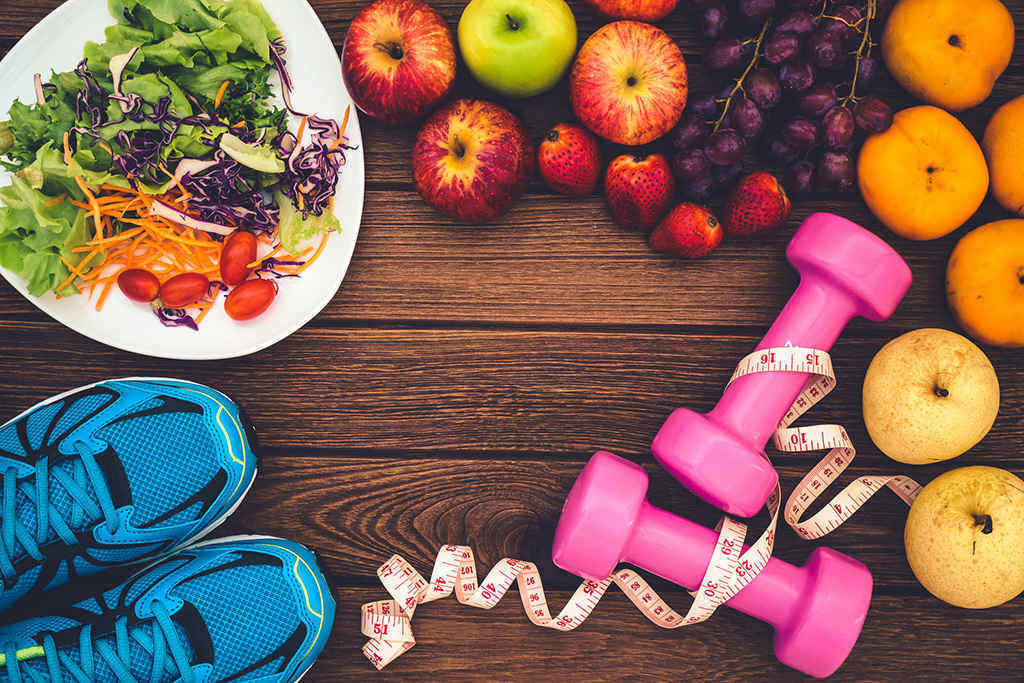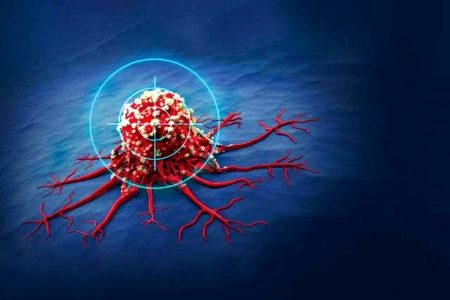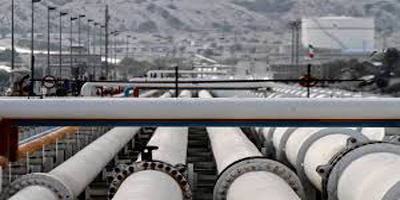Top Tips for a Healthy
During Ramadan, it’s important to know how to fast safely, and which food is best to consume between fasting.
Remember that you only have a relatively short time each day to eat and drink to provide your body with all the essential nutrients and fluids it needs to be healthy, so the quality of your diet is especially important during Ramadan.
While fasting is obligatory for all healthy Muslims (not children), there are exemptions for those who are ill or whose health could be affected by fasting- for example, pregnant or breastfeeding women, and people with diabetes.
How does fasting affect the body?
Depending on the weather and the length of the fast, most people who fast during Ramadan will experience mild dehydration, which may cause headaches, tiredness and difficulty concentrating. However, studies have suggested that this is not harmful to health, provided that enough fluids are consumed after breaking the fast to replace those lost during the day.
Nevertheless, if you are unable to stand up due to dizziness, or you are disoriented, you should urgently drink regular, moderate quantities of water, a sugary drink or rehydration solution. If you faint due to dehydration, your legs should be raised above your head by others, and when you awake, you should urgently rehydrate as outlined above.
For those who would normally consume caffeinated drinks such as tea and coffee during the day, the lack of caffeine during the fast may initially lead to headaches and tiredness. This may ease over the course of Ramadan as the body adjusts to going without caffeine during the day.
What to Eat and Drink
Once the fast is broken, the body can rehydrate and gain energy from the foods and drinks consumed. Having not eaten for a long period, you may find it helpful to eat slowly when breaking the fast and to start with plenty of fluids and low-fat, fluid-rich foods.
Drinking plenty of fluids, as well as consuming fluid-rich foods, such as fruit, vegetables, yogurt, soups and stews, is very important to replace fluids lost during the day and to start the next day of fasting well hydrated. Salt stimulates thirst and so it’s a good idea to avoid consuming a lot of salty foods. The pre-dawn meal, suhoor, provides fluids and energy for the day of fasting ahead, so making healthy choices can help you to cope better with the fast.
While iftar meals are often a time for celebration, with families and friends coming together to break their fasts, it’s important not to go overboard when eating during Ramadan. Consuming a lot of deep fried, creamy and sweet foods may cause you to gain weight during Ramadan.





ارسال دیدگاه
مجموع دیدگاهها : 0در انتظار بررسی : 0انتشار یافته : ۰